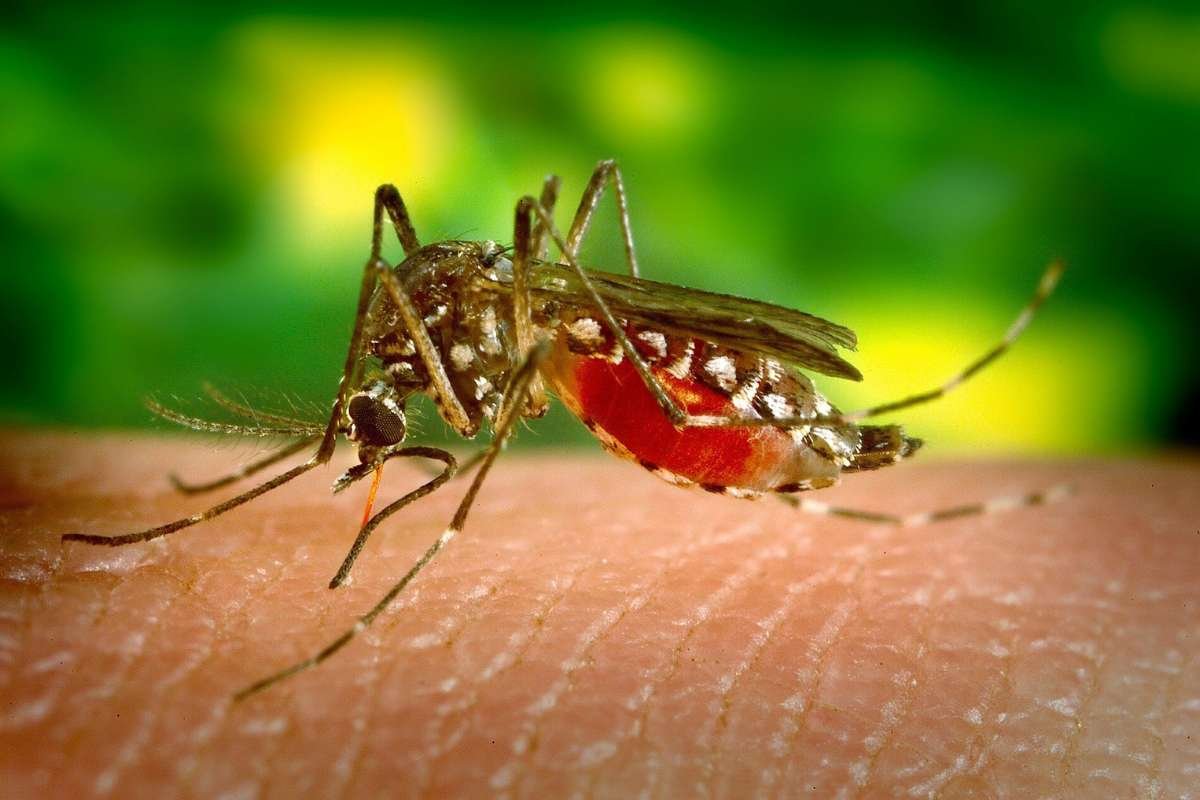Source – medicalxpress.com
Malaria cases caused by mosquitoes transported by aircraft from malaria-endemic regions are increasing in Europe. A recent retrospective analysis in France and a systematic review of studies across Europe, both published in Eurosurveillance, shed light on this worrying trend. While malaria was largely eradicated in Western Europe in the 1970s, the number of cases, particularly among travelers returning from malaria-prone regions, remains significant. In 2022, 6,131 malaria cases were reported in the EU/EEA, with 99% linked to travel.
Despite this, sporadic locally-acquired infections still occur, including Odyssean malaria, which results from mosquitoes transported by aircraft or luggage. These findings emphasize the importance of enhanced monitoring and prevention efforts to curb the spread of such cases in Europe.
Systematic Review Findings
A systematic review examined malaria cases in Europe from 1969 to January 2024. This review, based on data from MEDLINE, Embase, and OpenGrey databases, was supplemented by a call to public health authorities in the EU/EEA and the UK in 2022. Out of 145 cases from nine countries, 105 were classified as airport malaria, 32 as luggage malaria, and eight as either form. Most cases occurred in France, Belgium, and Germany, with half of the affected individuals living or working near international airports.
Despite the COVID-19 pandemic’s impact on air travel, the study noted an increase in airport and luggage malaria cases in recent years, with one-third of the total cases reported in the last five years. Those affected by the disease had a mean age of 37.9 years, with men more likely to be infected than women. Of the 145 cases, 124 patients recovered, while nine died, with the deceased patients averaging an age of 57.2 years. Additionally, 48 of the cases were epidemiologically linked to at least one other case.
Trends in France and Public Health Implications
A similar trend was observed in France, where researchers conducted a retrospective analysis of locally acquired malaria cases from 1995 to 2022. The study found a total of 117 cases, with a notable increase in Odyssean malaria since 2011. The majority of cases involved men with a median age of 34.5 years. Interestingly, half of the patients were born in malaria-endemic regions of Africa, while the other half were born in France. Most of the cases were reported in Île-de-France, with 102 patients requiring hospitalization, and seven deaths recorded.
In light of these findings, researchers in France urged stricter enforcement of disinsectization procedures for aircraft to reduce the risk of Odyssean malaria. They also recommended that healthcare providers consider locally-acquired malaria in patients presenting with unexplained fever, even without recent travel history. Additionally, the authors of the systematic review called for more structured surveillance across Europe, advocating for standardized case definitions and an assessment of the effectiveness of current prevention measures.
Conclusion
The rise in malaria cases linked to mosquitoes transported by aircraft highlights a critical public health challenge for Europe. As Odyssean malaria becomes increasingly prevalent, especially near international airports, stronger surveillance, stricter preventive measures, and prompt treatment protocols are essential to prevent further spread. Enhanced monitoring and compliance with disinsectisation guidelines are vital steps in reducing the risk of locally-acquired malaria.







